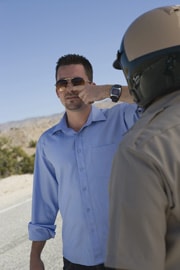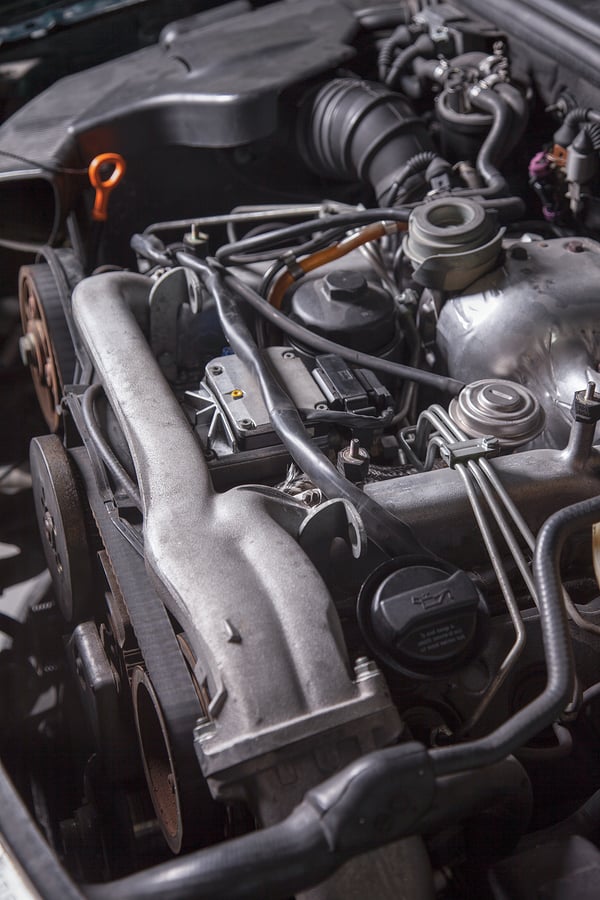 After a night of heavy drinking, even eight hours of sleep may not be enough time for alcohol to leave your system.
After a night of heavy drinking, even eight hours of sleep may not be enough time for alcohol to leave your system.
You know that groggy, “morning after” feeling after you’ve been drinking all night. It could be a hangover, so, you get dressed and ready for your day and hopefully, the sluggishness of your mind and body fades as you rev up and get busy. Sometimes, however, being sluggish isn’t your body’s reaction to recovering from a night of heavy drinking – it could mean you’re still drunk… and now you’re driving.
10% of alcohol leaves your body through your breath, urine, and sweat. When you’re asleep, you probably aren’t sweating enough to get rid of much alcohol. Hopefully, you aren’t urinating, either. Breathing slows down while you’re sleeping, so the best chance you have of sobering up during sleep is your metabolism, or how quickly your body uses or breaks down the food and drink you consume. Your metabolism is the best way to get rid of alcohol in your system and unfortunately, it also slows down while you’re sleeping. That’s why as you wake up, you could still be at risk for drunk driving.
Because law enforcement sees the results of drunk driving each day, more officers are on the streets early in the morning to try to stop you from an early morning mistake. Drunk driving can cause accidents during early morning work commutes just as regularly as they do any other time of day. So, what do you do when you’ve had a night of partying and have to hit the road the next morning? Your safest option is to find a safe ride home or use public transportation. The important thing to remember is that if you still feel any effects of alcohol the morning after, you may be too impaired to be behind the wheel. After a night of heavy drinking, enjoy your chance to sleep in before you get back on the road. Your safety, and the safety of others depends on your choice to remain sober behind the wheel.


Leave a Reply
You must be logged in to post a comment.